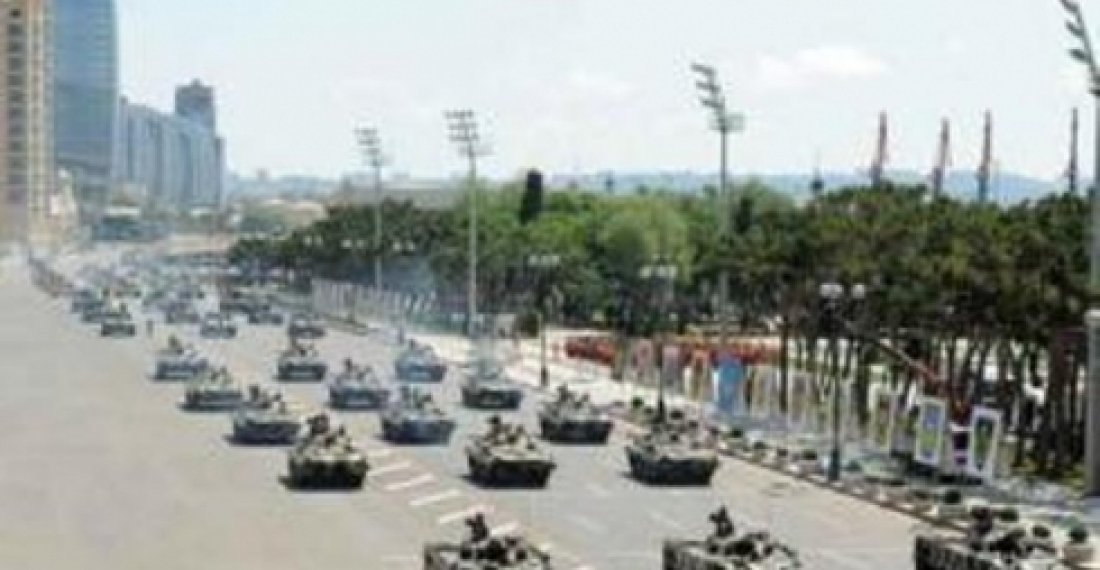Армения и Азербайджан оказались в числе 10 стран с самым высоким уровнем милитаризации в мире, по данным авторитетного исследования "Индекс глобальной милитаризации 2014", опубликованном Боннским международным центром по проблемам конверсии (BICC).
Глобальный индекс Милитаризация (ГМИ) отражает относительный вес и важность военного аппарата одного государства по отношению к ее обществу в целом. Обновленный ГМИ 2014 основан на данных 2013 года (т.е. последний год, за который были доступны данные) и включает в себя 152 государства.
По данным ГМИ 2014 Израиль, Сингапур, Армения, Сирия, Россия, Кипр, Южная Корея, Иордания, Греция и Азербайджан (рейтинг с 1 по 10 место) являются одними из десяти стран с самым высоким уровнем милитаризации, три из которых находятся на Ближнем Востоке, два в Восточной Азии и остальные пять в Западной и Восточной Европе. Высокие уровни милитаризации в этих странах в основном являются результатом комплексных закупок вооружений.
В рейтинге, который только что был опубликован, Армения занимает 3-е место, Азербайджан 10-е. Россия остается основным поставщиком оружия в обе страны. Вы можете ознакомиться с докладом в полном объеме на английском языке здесь
Военные расходы Армении в 2013 году составили $427 млн, в то время как расходы Азербайджана выросли до $3,4 млрд, отражая фокус стран на урегулирование нагорно-карабахского конфликта на Южном Кавказе.
В то время как Азербайджан благодаря экономическому процветанию из-за резкого увеличения нефтяных доходов продемонстрировал рост военных расходов, Армения показала относительно умеренный экономический рост в результате сравнительно медленный рост военных расходов. Однако, в отчете добавлено, что "Азербайджан и Армения стремятся к модернизации их устаревших систем вооружений, из-за чего они сильно зависят от поддержки России, и что поддержка предоставляется обеим странам". В нем также отмечается, что Россия заняла пятое место в рейтинге стран, которые обеспечивают оружием обе республики Южного Кавказа и проводит всестороннюю военную реформу с 2008 года.
Касательно будущего, Азербайджан недавно объявил, что ее военный бюджет в 2015 году составит $4,2 млрд.
Источник: commonspace.eu по материалам Глобальный индекс Милитаризация BICC.
фото: Военные танки, поставляемые Россией на дисплее на недавнем военном параде в Баку. (фото из архива).






